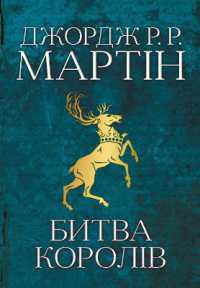- ホーム
- > 洋書
- > 英文書
- > History / World
Full Description
Much of the scholarship on Thomas Jefferson characterizes him as a consummate immoralist. Yet he had a keen interest in morality and most of his reading--when he was not immersed in politics--was for moral study. Jefferson once told his physician, Vine Utley, that he seldom went to sleep without first reading something morally inspiring.
Some Jefferson scholars consider him at best a moral dilettante with incoherent views. Others see him as a Stoic, interested in virtue as measured by both intentions and outcomes, who in later life became an Epicurean, weighing pleasure versus ends.
Drawing on a careful reading of his writings and an examination of his known readings on morality, this study argues that Jefferson developed early a consistent moral sense--Stoical in essence and focused on his own moral improvement--and maintained it throughout his life.
Contents
Table of Contents
Preface
1. "The ennui ... of a tedious sermon": Head versus Heart in a Love Letter to Maria Cosway
2. "Art appears too much": Jefferson and the Moral and Aesthetic Senses
3. "Expediency can never contend with virtue": Jefferson's Ancient Philosophy Sources
4. "The law of nature ... cannot be stationary": Jefferson's Curious Immixture of Modern Moralists
5. Ethicizing Through Truth and Untruth: The Lessons of History and Useful Fiction
6. The Politics of Progress: The Lessons of Government by the Few
7. Duty to God and Duty to Man: Jefferson on Religion, Sectarian and Natural
8. Government by the Natural Aristoi: Education and the Problem of Virtuous Politicians
9. The (Stoic) Sage of Monticello: "Truth [as] a branch of morality"
Chapter Notes
Bibliography
Index








